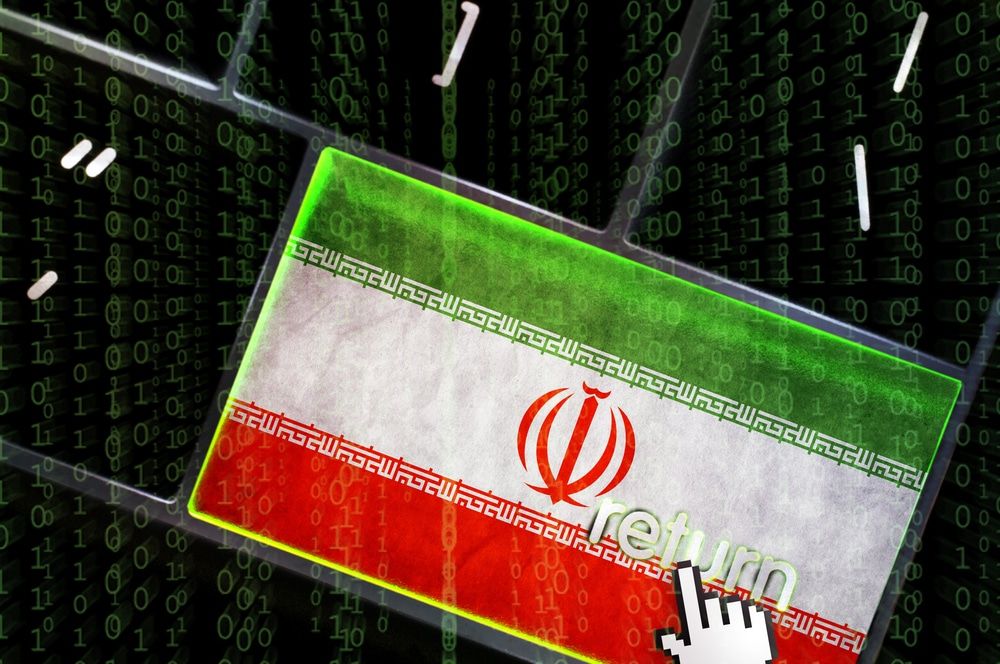The experts assess verification in Iran and proliferation in the future
By John Mecklin | August 6, 2015

Two top US arms control experts agreed Thursday that successful implementation of the Iran nuclear agreement would be only a first step toward addressing the world's nuclear weapons proliferation problems. As elements of the agreement among six world powers and Iran phase out 10 to 15 years from now, Iran will regain the right to enrich significant amounts of uranium and produce plutonium—and other countries in the region may want to do so, too, the experts said in a teleconference sponsored by the Bulletin of the Atomic Scientists and the Nuclear Threat Initiative (NTI).
"The underlying problem that this agreement addresses, namely trying to prevent Iran from acquiring the capability to make a nuclear weapon … is much larger than just Iran," NTI president Joan Rohlfing said. "Because there are no legal limits on any country's ability to develop the same kinds of technologies and materials needed to build a nuclear weapon."
Princeton nuclear expert Frank von Hippel said that he was "quite satisfied" with the verification provisions of the Iran agreement, which, though not perfect, are "good enough." But, he said, in coming years, Iran will again regain full rights under the Non-Proliferation Treaty to have supposedly peaceful programs for enriching uranium and separating plutonium, either of which can be used in a nuclear weapon. "In 10 years," von Hippel said, "we may be worrying about Iran, but also may be worrying about Saudi Arabia, Egypt, and Turkey having enrichment programs." The international community should use the life span of the agreement—formally known as the Joint Comprehensive Plan of Action (JCPOA)—to deal with the larger proliferation problem, von Hippel said, perhaps by requiring that uranium enrichment and plutonium separation be controlled by multinational consortia, rather than by individual nations.
Rohlfing, von Hippel, and Olli Heinonen—a senior fellow at Harvard’s Belfer Center for Science and International Affairs and a former top official at the International Atomic Energy Agency (IAEA)—offered their views on the positive and negative aspects of the deal during a teleconference titled, "Decoding the Iran Agreement: What Constitutes Effective Verification and Monitoring?" Moderated by The Atlantic's James Fallows, the teleconference was held amid a tense political standoff in the United States over the Iran agreement, which faces opposition from the Israeli government and criticism in Congress. About 150 Bulletin and NTI supporters signed up to attend the conference by phone and take part in a question-and-answer period that followed the experts' initial comments.
Heinonen's assessment of the JCPOA's monitoring and verification regime was perhaps the most thorough of those presented, and it was not entirely positive. "These measures will … provide a high level of confidence that larger declared facilities such as enrichment installations and uranium conversion facilities are not used to process undeclared materials," Heinonen said. But, he added, past nuclear proliferation cases handled by the IAEA have not generally involved nuclear material that a country openly acknowledged; instead, those cases have centered on undeclared material, often used at smaller, undeclared facilities.
Therefore, Heinonen said, he feels the Iran agreement could have included stronger provisions in regard to Iran's declarations about its current and past nuclear program. Also, he said, the agreement's 24-day period for settling disputes about possible violations of the agreement may be suitable for larger nuclear facilities. But it is possible, the former IAEA official said, that smaller facilities, such as those used in manufacturing uranium components for nuclear weapons, could be hidden within that 24-day waiting period. "So you can plan construction of such a facility in such a way that you can roll it away in a short period of time, refurbish the whole place, and it will be very difficult for the IAEA to find any trace," Heinonen said.
Full disclosure of Iran's past efforts toward a bomb has been a point of bitter contention over years of efforts to reach an agreement on the Iranian nuclear program. And Heinonen said he did not believe that the process by which Iran addresses concerns related to the possible military dimension of its past nuclear program—and under which the IAEA verifies that information—can be completed by the middle of December, as called for in the agreement.
Von Hippel agreed that small nuclear facilities could be problematic to verify, but asserted that the agreement is intended to stop Iran from producing enough fissile material to begin fashioning a bomb in such a facility. "So what we really are depending on is making sure we would find a facility large enough to make highly enriched uranium for a bomb, or plutonium for a bomb," von Hippel said. "And that's the reason why I consider the verification adequate—not perfect, but adequate—for the purposes."
Rohlfing said she believes the agreement provides for "effective verification" that would allow the international community time to act, if Iran violated the deal. "To succeed in doing something militarily significant, as Frank says, they have to do more than just cover their tracks at one small-scale facility," she said. "They have to cover their tracks all the way up to the production of sufficient material for a weapon."
A podcast of "Decoding the Iran Agreement: What constitutes effective verification and monitoring?"—including presentations from all three experts and the ensuing question-and-answer period—is available here.
Together, we make the world safer.
The Bulletin elevates expert voices above the noise. But as an independent nonprofit organization, our operations depend on the support of readers like you. Help us continue to deliver quality journalism that holds leaders accountable. Your support of our work at any level is important. In return, we promise our coverage will be understandable, influential, vigilant, solution-oriented, and fair-minded. Together we can make a difference.
Topics: Analysis, Nuclear Weapons














